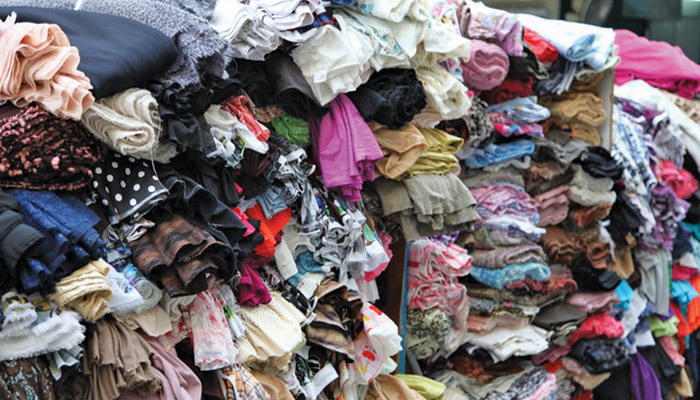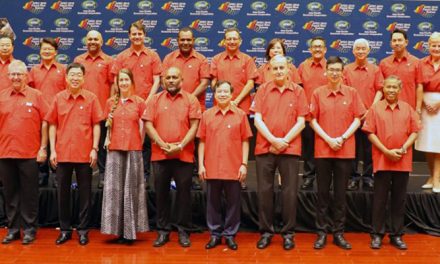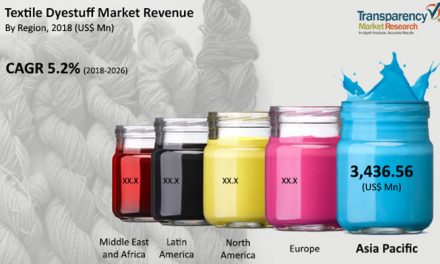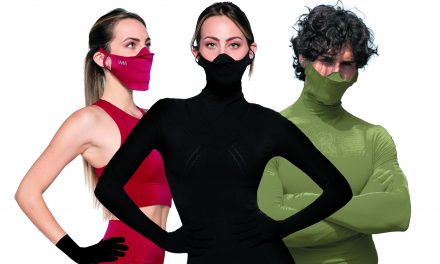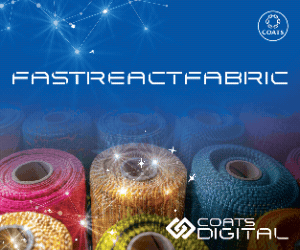The growth of clothes-mending workshops and pop-ups in Hong Kong has given rise to a nascent movement against fast fashion. Designers are now parading recycled fabrics on the catwalk. For example, designer Jesse Lee, displayed everything from broken umbrellas to discarded curtains, at a recent sustainable fashion show in Hong Kong. Realising that humble household goods could be the springboard for creativity, Lee turned an old sofa’s leather cover into a jacket and has since made clothes from old curtains and bed linen, as well as a raincoat using umbrella fabric. His designs are unisex and adjustable and hence can be easily shared.
The growth of clothes-mending workshops and pop-ups in Hong Kong has given rise to a nascent movement against fast fashion. Designers are now parading recycled fabrics on the catwalk. For example, designer Jesse Lee, displayed everything from broken umbrellas to discarded curtains, at a recent sustainable fashion show in Hong Kong. Realising that humble household goods could be the springboard for creativity, Lee turned an old sofa’s leather cover into a jacket and has since made clothes from old curtains and bed linen, as well as a raincoat using umbrella fabric. His designs are unisex and adjustable and hence can be easily shared.
Consumer awareness boosts growth of local stores: A McKinsey reports says, global consumers purchased 60 per cent more clothing in 2016 than in 2000 and only kept each item half as long. Hong Kong alone dumps 343 tonne of textiles every day. As a 2016 report by Greenpeace reveals, almost one sixth of clothes owned by residents are seldom or never worn after purchase. However, highprofile scandals like the deadly 2013 collapse of a building in Bangladesh raised consumer-awareness of the human environment cost of fast fashion. Lee and others hope to capitalise on this growing awareness. The tragedy triggered a drive among activists to encourage shoppers to buy from local stores, rather than large multinational fast fashion brands. Hong Kong-based charity Redress hosted a show recently where Lee displayed his creations, alongside other designers who transformed vintage kimonos and bridal wear samples and even used silicone and rubber.
Recycling textile waste on an industrial scale: Hong Kong designers Kay Wong and Toby Crispy have founded Fashion Clinic to help people mend garments. They set up pop-up stalls at clothing stores providing repair and reshaping services and also hold workshops teaching basic needlework.
However, some want to address the waste problem on an industrial scale. A cutting-edge upcycling spinning mill that turns discarded clothes into new yarns will be fully operational in this October, developed by the Hong Kong Research Institute for Textiles and Apparel (HKRITA). The 1,765 sq. mt. factory will sterilise, sort and turn used textiles into fresh fibre, processing three tonnes of textile waste each day. Six workers will remove zips and buttons and categorise the fabrics before machines carry out automated colour sorting and re-spinning. Mixed-fibre clothing will go through a high-tech treatment to separate the different elements. The recycled yarn will be of the same quality as that of virgin materials, while their selling price will be 30 per cent lower. The new mill will serve as an inspiration for other cities.


